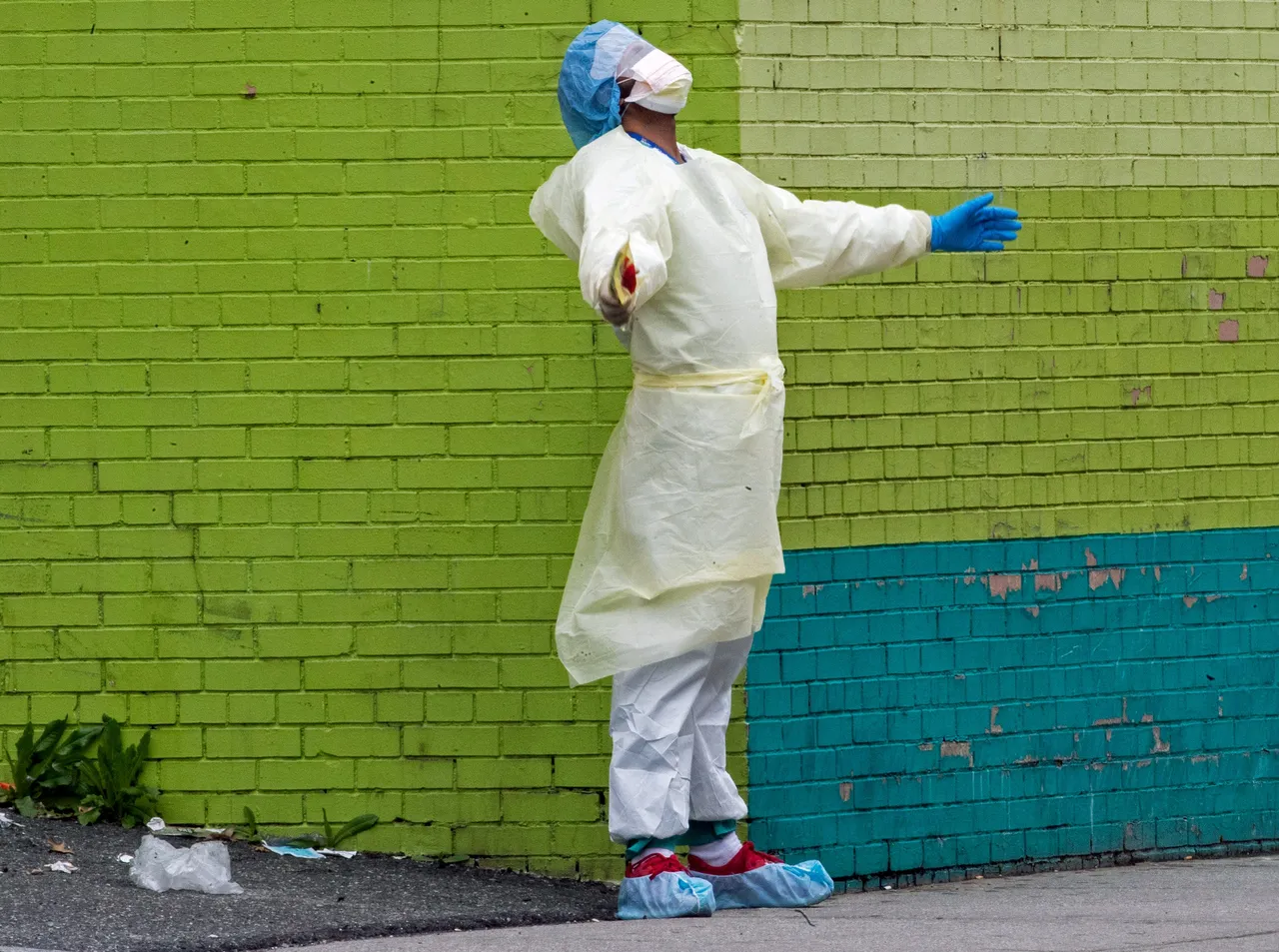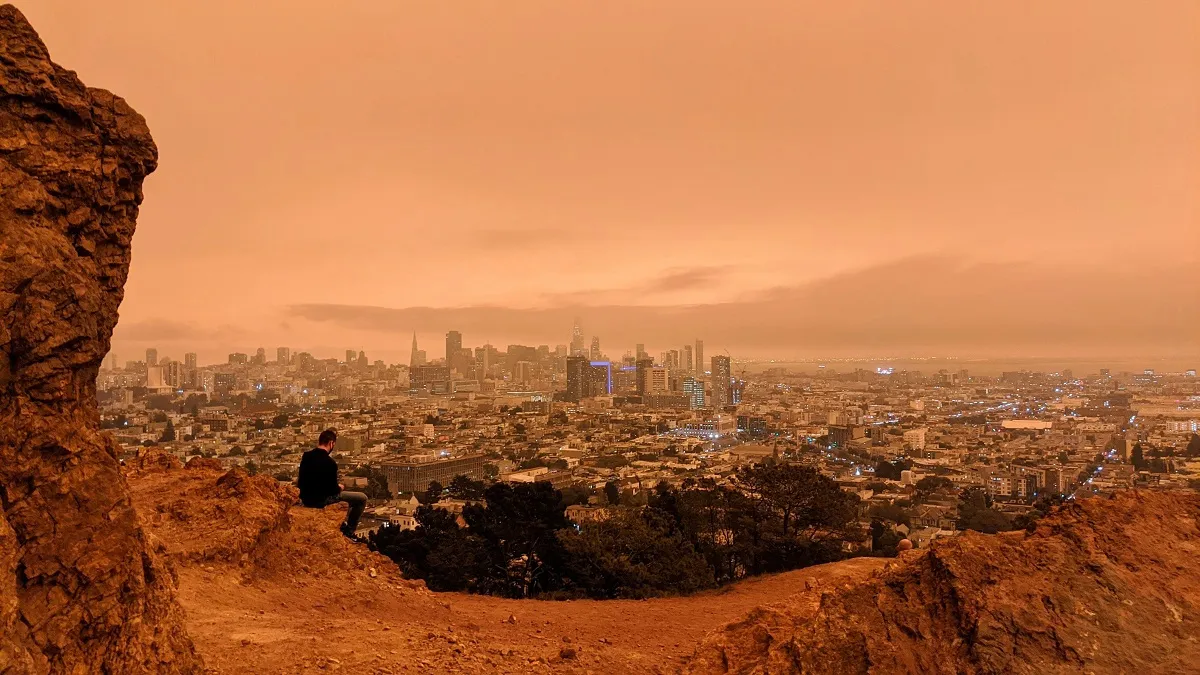
Everyone is anxiously waiting for the vaccine. There is 'corona fatigue' and we want to go back to the 'normal' we were before. That goes for me too, but at the same time I know: the normal before was perhaps comfortable, it was also totally untenable. Of course I'm not referring to the essential physical contact between people. We are in what British historian Adam Tooze recently called the 'first crisis of the Anthropocene': the new geological era in which human impact on nature returns to us like a boomerang. There is no way back, only forward. And that takes courage.

While the coronary pandemic is dominating our lives, the climate crisis continues unabated. The extreme forest fires in California, the heat waves and prolonged drought in northern Europe, the world's seriously declining wild animal population: they are happening simultaneously and they are interlinked. Covid-19 is not unrelated to them, but stems from the same source: the rapid and massive human encroachment on natural systems and habitats.
Nevertheless, this link is still far too rarely made in popular discourse. The dominant overarching story of Covid-19 was from the beginning about a passive population that was suddenly attacked by a strange creature, something from outside. An 'invisible enemy', an 'alien invasion'. "We are in a health war and the enemy is here", President Macron said to the French. In many countrites nurses and doctors were 'on the front line'. Military metaphors everywhere.
We fool ourselves with stories like this. Most of the viruses that are created, around 60%, originate from animal bodies and have been transmitted to humans. Not because they invaded us, but because we invaded their habitat (and trade them (wetmarkets) or breed them on a large scale for consumption (livestock industry). So Covid-19 is not a coincidence, but has the same origin as climate change and the general impoverishment of our nature.
The American economist Kenneth Boulding once aptly described our modern growth economy in the 1960s as a 'cowboy economy': a system based on constant exploitation and extraction, assuming that an infinite number of natural resources are available on earth and that it can absorb all the waste produced by this system. Like a true cowboy - reckless, romantic and violent - the production and consumption of the earth is constantly shifting to new frontiers. This worked fine when the world's population was still relatively small, but at 7.5 billion it is no longer a sustainable logic.

The fires create orange smog over San Francisco
Today's embrace of the 'circular economy' is a good step in that direction, but there is a catch. For as long as the underlying system dynamics of infinite growth are not addressed, the circular economy will eventually blow up in our faces as well. After all, a closed system also implies real boundaries.
Anyone who believes that exponential growth can go on forever in a finite world is either a madman or an economist. - Kenneth Boulding
Not only experts, but also more and more ordinary citizens understand this. Representative research carried out recently by Triodos Bank among more than 1,100 Dutch people shows that more than 80% of Dutch people believe that the recovery of the economy should not only be about economic growth, but above all about the well-being of the population. Economic growth, as the mantra of our post-war welfare state, is beginning to lose more and more of its lustre. The spirits seem to be slowly maturing for something else.
Back to Covid-19. Because there is a serious chance that there will be no vaccine at all for the time being. Or that the vaccine will only have a very limited effect. Or even worse: that a new virus will pass from animal to human. These are not unrealistic scenarios. In fact, many experts warn that, given our recent history of previous virus outbreaks, these are real options. We will have to learn to live with this virus, is their message.
That is not a fine message. Nor is the underlying knowledge that we are entering a planetary crisis. We prefer to ignore it as much as possible, so that we can get on with our ordinary lives. That is very humane and understandable, but it does not make the problems go away. It is better to accept that we are facing a very turbulent time and that more will be asked of us than of generations before us. This time demands great thinking and action. Just as Bilbo Baggins in The Lord of the Rings reluctantly had to leave his fine life in the Shire to go on an adventure with the wizard Gandalf and the dwarves, we too, as a society, must show courage to embark on the great adventure. The alternative is many times worse...
